Inside the Life of a Fashion Illustrator
/CNN reported on the life of British spy and artist Brian Stonehouse, who was trained as a secret clandestine radio operator. Living a double life, he posed as a French art student while carrying a paint box with a transmitter in it. He later survived multiple concentration camps. After the war, he became a fashion illustrator for the likes of Vogue and Harper's Bazaar. The path to fashion illustrator isn’t usually as daring and adrenaline-pumping as Stonehouse's story, but then again, no two careers are alike in the fashion world. If you're interested in pursuing a career as a fashion illustrator, here's a glimpse into a few aspects of life as a fashion illustrator.
Promoting Yourself
Many renowned fashion illustrators like Stephen Stipelman graduated from the Fashion Institute of Technology and went on to illustrate for Vogue and Women’s Wear Daily. However, a New York City education and credentials are not required to make it in this industry. Because fashion illustrators are generally freelancers, many spend a large majority of their time marketing their skills. This includes developing a following, creating promotional newsletters, working on social media campaigns, and uploading completed work to Shutterstock to gather exposure while earning some income on royalties.
Working illustrator Veronica Marche found commercial success with her "Fabulous Brown Girls" holiday card collection sold in Marshall's and T.J.Maxx department stores nationwide, which discovered her through her online presence and social media promotions. Meanwhile, Katie Rodgers promoted her site PaperFashion through Instagram and found a loyal following that lead to new commissions.
Attending Runway Shows
Whether you’re working on assignment or just trying to gain inspiration, it’s the norm to see fashion illustrators lining the rows of Fashion Week. Fashion sketches embody a certain fantasy and emotion of the event and can be done quickly by hand or on an iPad. Some illustrators also work on sketches of what's happening beyond the runway. They can simultaneously capture what’s happening at the event with photographers, designers, and makeup artists while making new connections.
A Variety of Work
Most fashion illustrators will tell you their day-to-day varies drastically. Some illustrators may work on commission projects for corporate or publisher clients, while others illustrate to build up their own collection of work to sell directly to consumers.
Fashion illustrator Katie Rodgers spends time gathering information through fashion shows and trend reports, and anything else she can find that relates to fashion. She maintains her blog Paper Fashion as a means to promote her work and keep up with the demand of commission work.
Finding a Niche
It takes more than just self-promotion, but also endurance to thrive as a fashion illustrator.
Danielle Meder works on sketches at runway shows, contemporary fashion paper dolls with a complete wardrobe, along with teaching and figure drawings. Because many fashion illustrators have an apparel or design background of some kind, it's natural to veer into areas where previous expertise may assist with instructional drawings and sewing patterns. As an illustrator's work and career progresses, it's natural to find a particular area of specialization. Once a niche has been established, an illustrator can then market that niche to the right target audience.

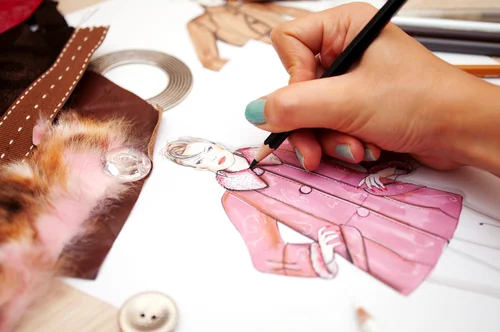



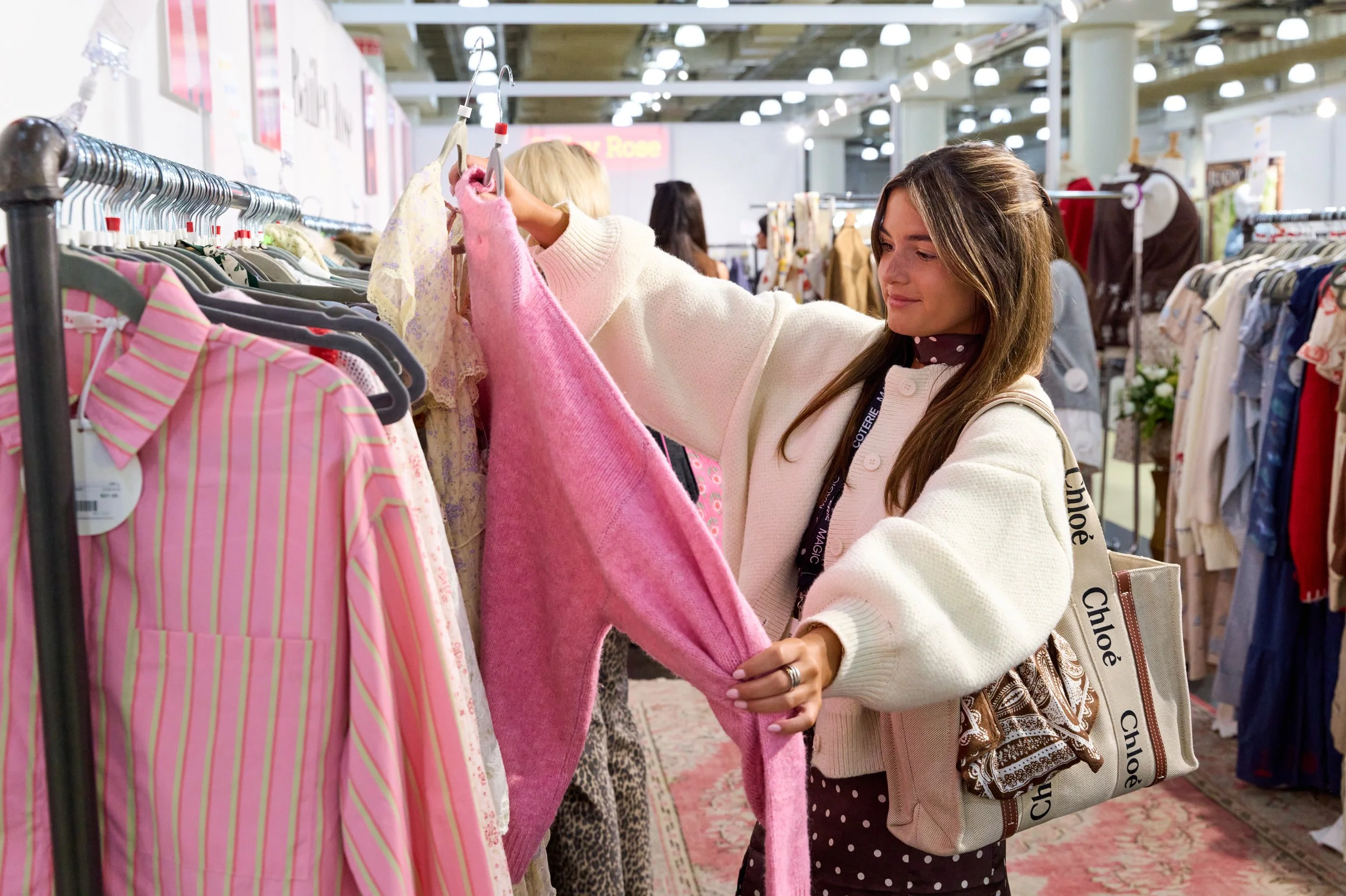
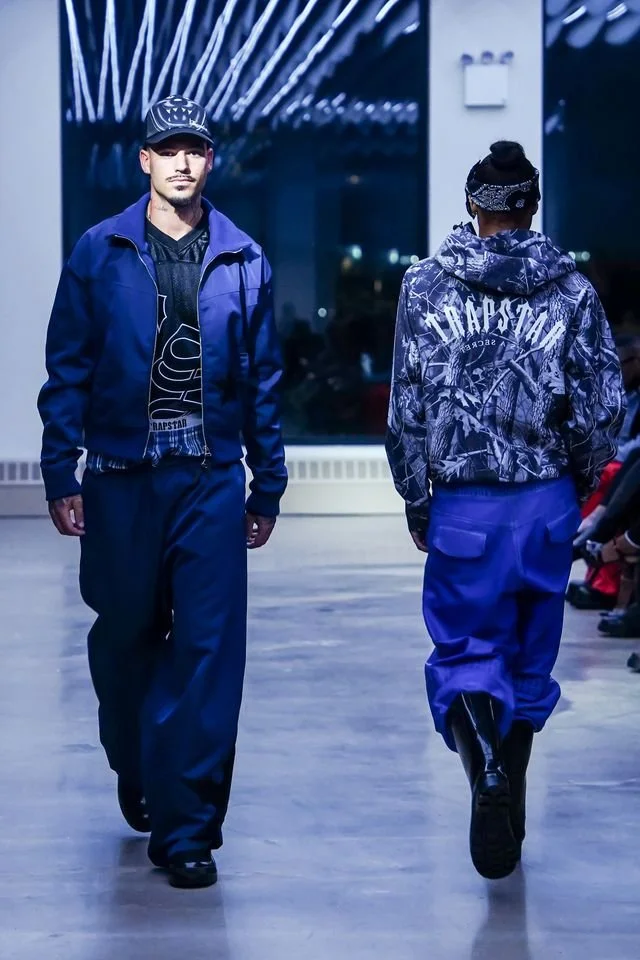
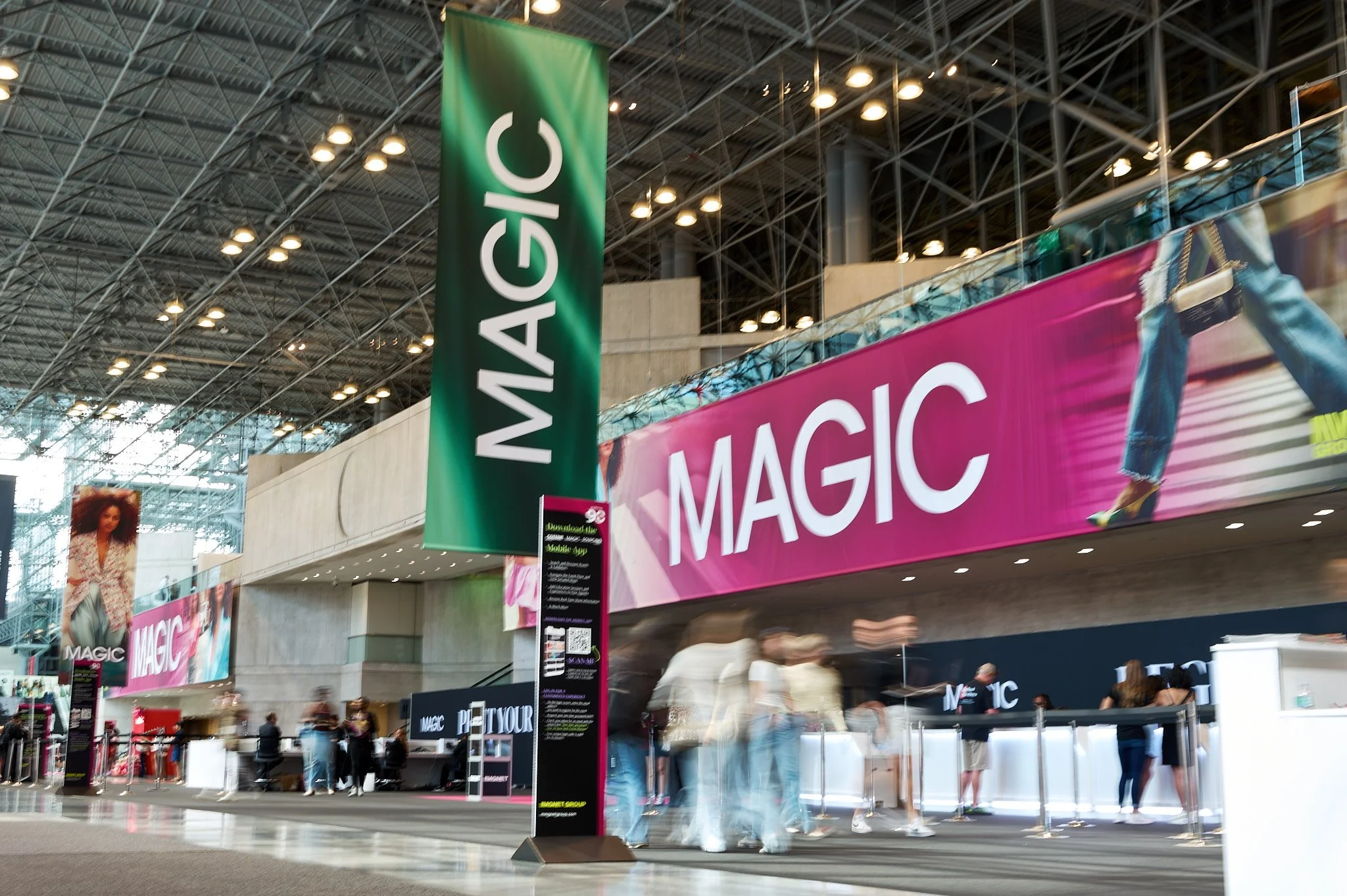
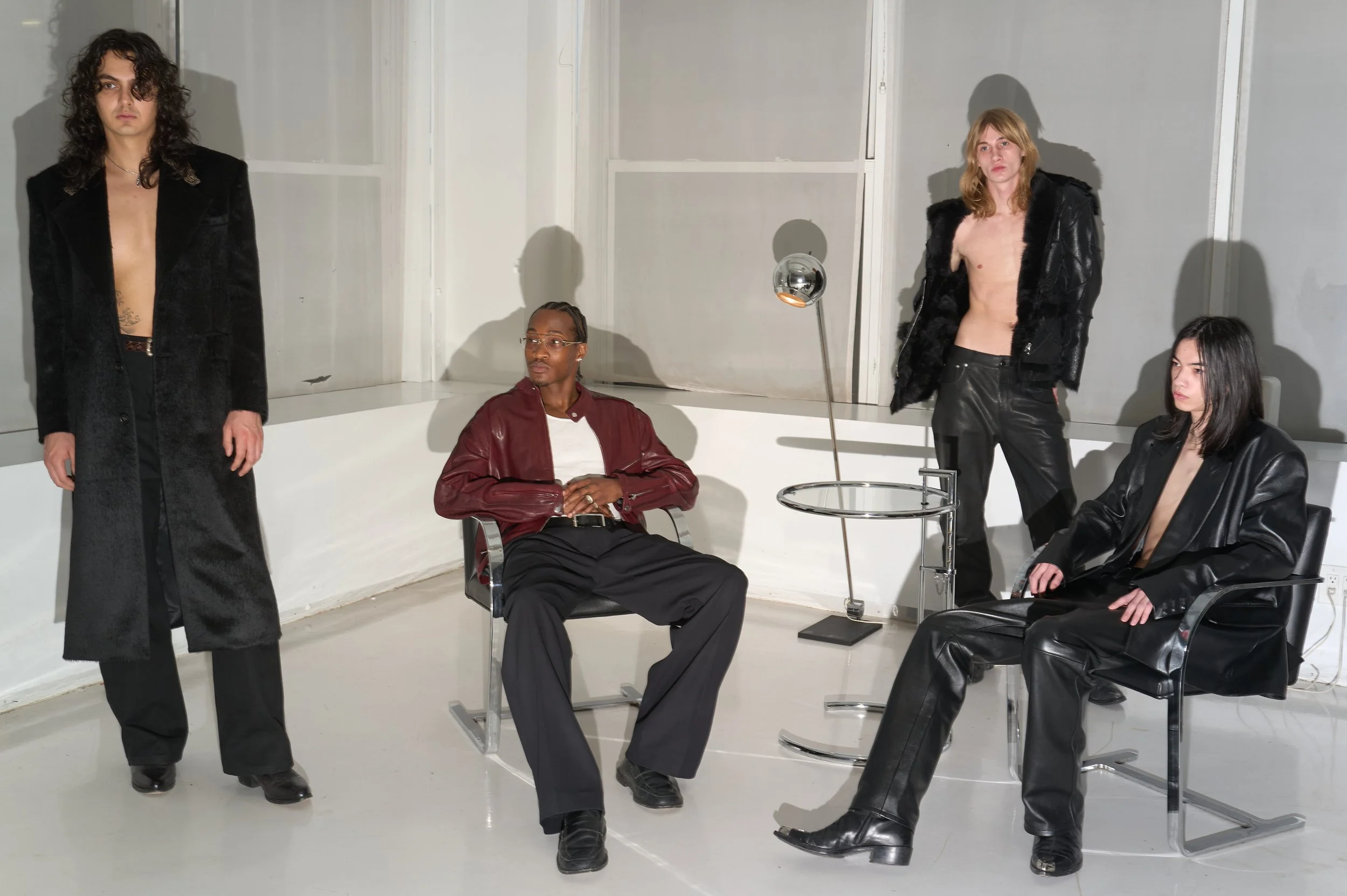








Assouline unveils Emily in Paris: The Fashion Guide, a behind-the-scenes fashion book curated by costume designer Marylin Fitoussi, ahead of Season 5.